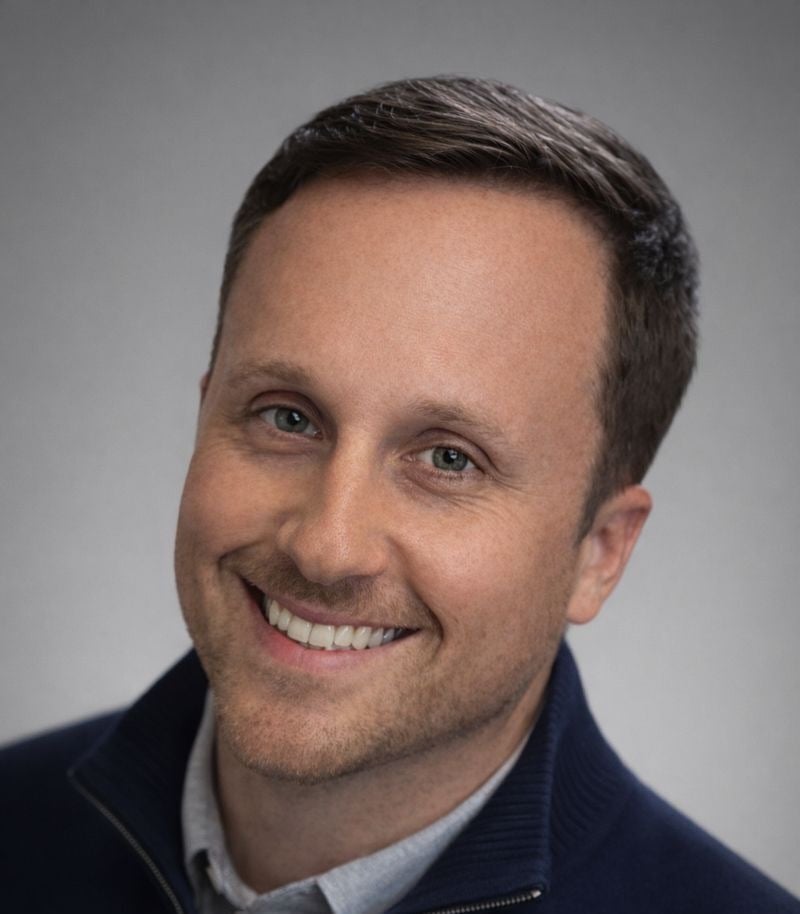Is Prescribing for Friends and Family Worth It?

I’ve always appreciated having a friend with some strings they could pull. For years, we had a family friend who ran one of the most popular restaurants in town. I never fully appreciated their willingness to let me skip the line and a never-ending stream of free apps until they moved and a new owner took over.
Unexpected perks in a friendship may seem to have little downside until the tables turn and you get asked for a prescription on the sidelines of a soccer game. In the May edition of ERcast, Andy Little, Drew Kalnow, and I dive into the legal, ethical, and practical considerations when you’re asked to send in a prescription for a friend or a family member.
The Numbers Speak for Themselves
As healthcare providers, the question of whether it's appropriate to prescribe medication for ourselves, our family members, or friends often arises. The ethical implications of such practices have been debated extensively. Let's delve into recent findings shedding light on this complex issue.
Research Findings
A study by La Puma et al. revealed some intriguing statistics:
- 99% of healthcare providers had a family member seek medical advice from them
- Approximately 83% admitted to prescribing for a friend or family member
Additionally, Clark et al. conducted a study that found around 23% of residents prescribed psychoactive medications for family or friends.
These findings underscore the prevalence of healthcare providers being approached by loved ones for medical advice and prescriptions. While the desire to help those close to us is natural, healthcare professionals must navigate this territory with ethical clarity.
Is it Legal?
The legality of self-prescribing varies depending on state regulations. In certain states, such as Tennessee, self-prescribing is generally prohibited, with exceptions made for emergencies. However, even in emergency cases, the prescription of controlled substances for oneself is not permitted. Interestingly, Tennessee allows controlled substances to be prescribed for family members, including minors, in instances of self-limited illnesses or emergencies. This exception is based on the rationale that a physician cannot establish a patient-doctor relationship with themselves.
In contrast, states like North Carolina prohibit the prescribing of controlled substances and explicitly state that treating chronic conditions is not allowed, even for family members. However, similar to Tennessee, they allow for the treatment of emergent conditions considered self-limited. Other states, such as Florida and Washington, permit self-prescribing for non-controlled substances but advise against treating family members.
Is it Ethical?
Many guidelines advise against treating family members. The American Medical Association (AMA) offers guidelines that initially appear cautious but can be supportive in practice. Physicians are generally discouraged from treating themselves or their immediate family members. However, there are exceptions:
💊 In emergency or isolated settings where no other qualified physician is available, physicians may treat themselves or family members until another physician can take over
💊 For short-term, minor issues
Ethical Considerations:
- Professional Boundaries: Prescribing for family or friends blurs the line between personal and professional relationships. Maintaining clear boundaries upholds professional integrity and avoids conflicts of interest. Tensions may arise from an outcome that can strain the relationship between the prescriber and family member.
- Patient Safety: Treating family members may lead to unintentionally overlooking sensitive areas during history-taking or exams. Patients, in turn, may feel uncomfortable disclosing certain information or undergoing intimate exams when the provider is a family member or close friend.
- Legal Implications: As mentioned above, this varies from state to state, and there is a medicolegal risk from unintended consequences/bad outcomes. It comes down to the amount of risk you’re willing to take on. Per the AMA: “Document treatment or care provided and convey relevant information to the patient’s primary care physician.”
- Scope of Practice: Prescribers may find themselves addressing medical issues beyond their expertise or training, potentially compromising patient safety and care quality.
- Professional Objectivity: The ability to remain impartial may be compromised. Personal feelings can influence medical judgment, potentially affecting the quality of care provided.
Is it Risky?
One might say nobody benefits from back alley medicine. But we do understand circumstances arise. All medications are inherently risky, prescribed or otherwise. Therefore, all prescriptions (back alley or not) carry a medicolegal risk. A simple antibiotic for a skin condition can turn into Steven Johnson Syndrome or anaphylaxis. No one can predict the future, but we can always provide good informed consent and document, document, document! Document and keep track of what you did, including name, DOB, allergies, medication lists, a brief description of the history/exam, discussion of risks, and encourage the patient to see their PCP.
What Does Elvis Presley Have To Do With This?
Does the pharmacist have a right to question or even refuse to fill a prescription that may be for yourself or a family member or when an obvious physician-patient relationship might not be established?
The Department of Justice (DOJ) and the Drug Enforcement Administration (DEA) hold a firm stance that pharmacists share a corresponding responsibility with prescribing practitioners to prevent the inappropriate use of drugs. This regulation aims to counter an irresponsible argument often used as a defense, as seen in the case of Elvis Presley's pharmacist, who attempted to justify dispensing over 5,600 controlled substance doses in the six months before Presley's death by claiming, "I don’t write prescriptions; I just fill them."
Therefore, pharmacists have a duty to ensure that prescriptions are written and dispensed for legitimate medical purposes, which may lead to scrutiny or refusal to fill prescriptions. That interpretation is left to the discretion of the individual pharmacist and that specific pharmacy’s protocol.
What Should You Do?
It’s a truly personal decision based on individual circumstances and risk-benefit analysis. No matter what, have a clear and consistent approach. While the instinct to provide care for family members is understandable, physicians must prioritize patient safety and maintain professional standards.
Encouraging family members to seek care from other qualified healthcare providers ensures impartiality and comprehensive medical assessment. By upholding boundaries, prioritizing patient safety, and adhering to legal and ethical guidelines, healthcare professionals can ensure the integrity of their practice while serving the best interests of their loved ones and patients alike.
Practice-Changing Education
Experience education that goes beyond theory. Explore Hippo Education’s offerings below.


.png)